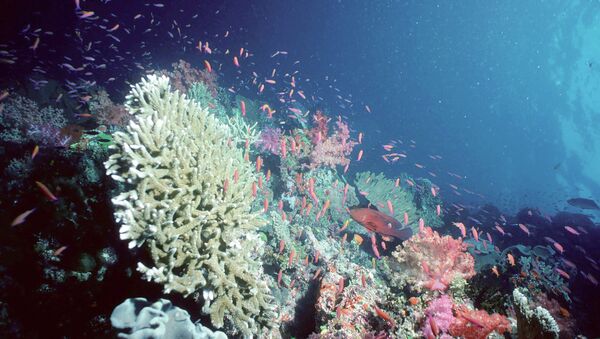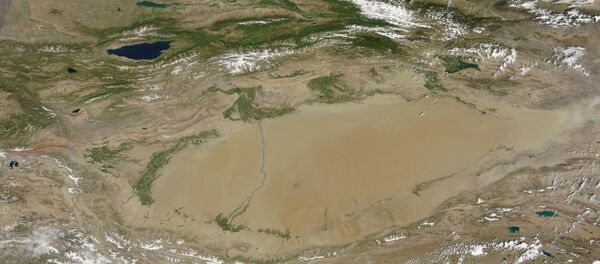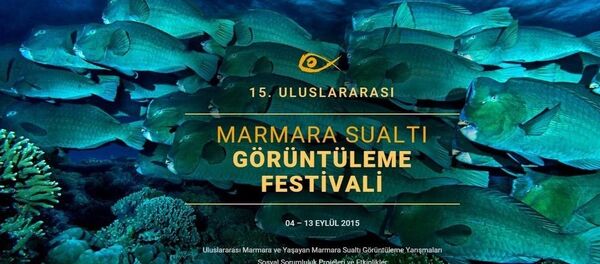The dramatic drop is largely driven by human activity, according to the report, ranging from overfishing to pollution and climate change.
Species consumed by people, such as tuna and mackerel, have fared worse than others, with a 75% decline.
"In less than a human generation, we can see dramatic losses in ocean wildlife – they have declined by half – and their habitats have been degraded and destroyed," Lambertini director general of WWF International. "Driving all these trends are human actions: from overfishing and resource depletion, to coastal development and pollution, to greenhouse gas emissions causing ocean acidification and warming."
"Human activity has severely damaged the ocean by catching fish faster than they can reproduce while also destroying their nurseries," he added.
Destruction of marine habitats that provide a source of food and act as nurseries, such as seagrass beds and mangrove swamps, has contributed to the decline, the report adds. Rising CO2 levels from global warming has made the ocean more acidic, harming these habitats and their species.
"By over-exploiting fisheries, degrading coastal habitats and not addressing global warming, we are sowing the seeds of ecological and economic disaster," Louise Heaps, chief advisor on marine police at WWF, said.
If ocean acidity continues to worsen as a result of global warming, many coral reefs could be extinct by mid-Century, posing a serious risk to the species inhabiting them. The risks are not limited to marine wildlife, and will likely spill over to the economy, and the human populations that rely on them for food.
"We are in a race to catch fish that could end with people starved of a vital food source and an essential economic engine," Lambertini noted. "Overfishing, destruction of marine habitats and climate change have dire consequences for the entire human population, with the poorest communities that rely on the sea getting hit fastest and hardest."






